Summer Reading 2013
We dipped into the Nieman Foundation library to find a few not-so-new books that have something to say about today’s issues in journalism.
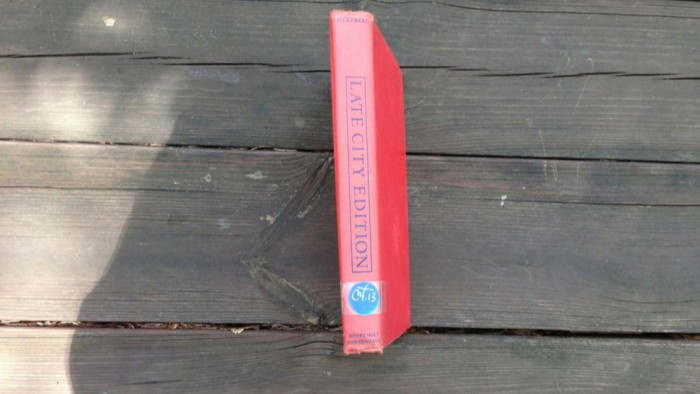
Sarah DarvilleAugust 5, 2013
“There are those in this dawn of the Buck Rogers era who maintain that the newspaper is on the way to join such institutions as the bustle and the five-cent beer.”
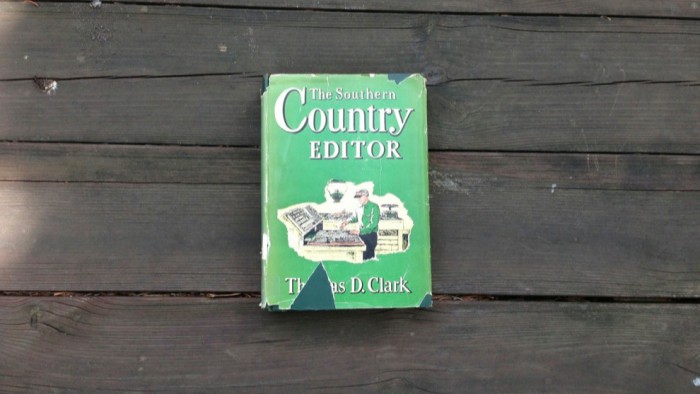
Linda KinstlerAugust 5, 2013
“Daily papers became serious competitors once decent roads were built and rural free delivery routes were established.”
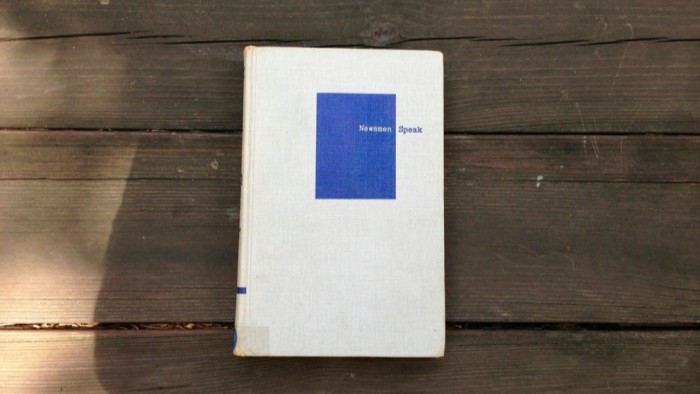
Linda KinstlerAugust 5, 2013
“There is no known substitute on the market for integrity and character. And no synthetic has ever been discovered for guts.”

Justin EllisAugust 5, 2013
“Obviously, a reporter cannot make a practice of reporting after working hours. If he does so, he will soon achieve the approximate popularity of an insurance agent who takes along a bundle of contracts to every party he goes to.”

Linda KinstlerAugust 6, 2013
“With improved methods of transmitting information, it may not be necessary to keep a man at police headquarters all day to write routine stories from the crumbs of information that come his way.”

Sarah DarvilleAugust 6, 2013
“Good enterprising reporting of ideas on basic issues can in many cases be as important as the reporting of action. The decisive point in many great events comes long before the event happens.”

Justin EllisAugust 7, 2013
“Independent specialists in the field of sampling are convinced that a television and radio industry [reliant on Nielsen ratings]…is in the position of gauging space-age tolerances with the kind of dip stick used to measure the amount of gas in a Model T.”

Justin EllisAugust 7, 2013
“The most innocent view of the economics of news is that the consumer pays his daily dime for his paper and gets broadcast news free. That is not true, of course.”
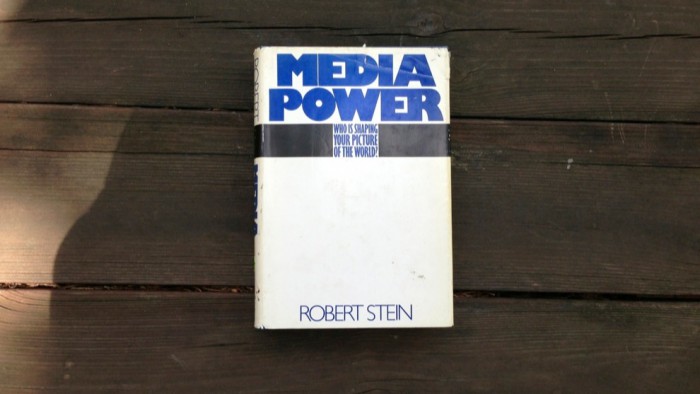
Justin EllisAugust 7, 2013
“Among the findings was that the combination of a Kennedy scandal and a no-hit game by a local pitcher would help circulation.”
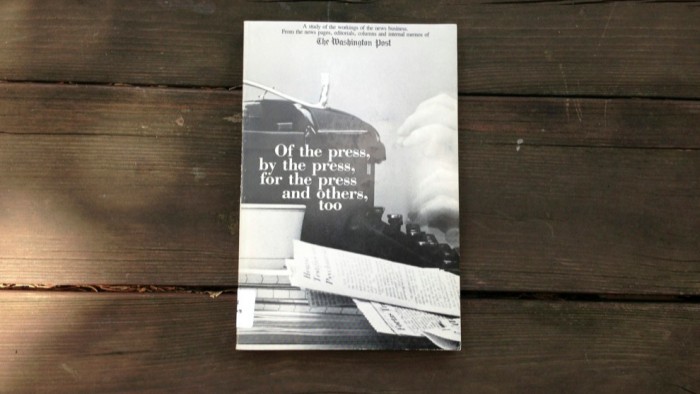
Linda KinstlerAugust 7, 2013
“For when the press is out of favor, people get to talking about doing something about it; at about that time, it seems to me, the press is well advised to start thinking in very serious ways of doing something of its own in the way of policing and examining and criticizing itself.”

Justin EllisAugust 7, 2013
“What will happen to libel laws, codes of journalistic conduct, contempt rules, and copyright protection in a medium that through its sheer profusion of material is unpoliceable, as ungovernable technically as the telephone conversations of an entire society?”

Caroline O'DonovanAugust 8, 2013
“If — or is it when? — these computers are permitted to talk to one another, when they are interlinked, they can spew out a roomful of data on each of us that will leave us naked before whoever gains access to the information.”

Caroline O'DonovanAugust 8, 2013
“There are a lot of good, complicated stories behind simple numbers. The trick is to identify the number that will tell the story and then go find it.”

Caroline O'DonovanAugust 8, 2013
“What strikes one most vividly about such a campaign is precisely its remoteness from the life of the rest of the country.”
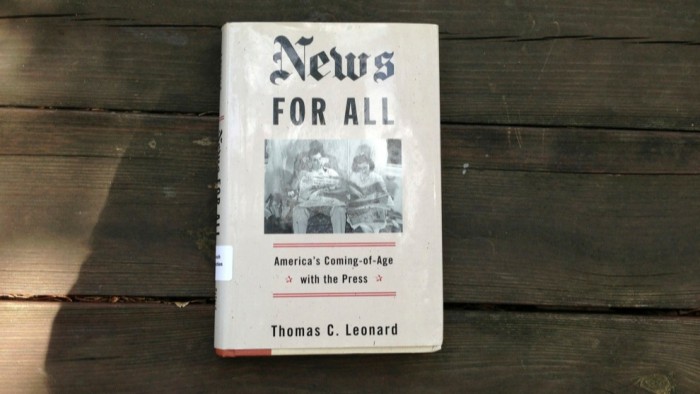
Sarah DarvilleAugust 8, 2013
“What was different was the spectacle of the whole public, not just a few, editing what was published. Also, the editor’s desk did not look the same when the reader sat at it.”

Caroline O'DonovanAugust 8, 2013
“The future world of high resolution, interactive and digital transmissions will soon be here, permitting viewers ‘to order, access, store, and manipulate video, when and where they want it.'”

Sarah DarvilleAugust 9, 2013
“This is what public journalism is saying: getting the connections right is the deeper challenge in journalism right now.”

Caroline O'DonovanAugust 9, 2013
“He also tapped his time-tested technique of coming up with stories that appealed to the special interests of certain groups of Americans. He wrote about Lithuanian music for American music lovers and about Lithuanian theater for American theater buffs.”

Linda KinstlerAugust 9, 2013
“Improving technology has already made more and more information available to each of us, and will continue to do so. But more is not necessarily better.”

Sarah DarvilleAugust 9, 2013
“I thought: Let’s get all the areas we want to keep people informed about, whether it’s food or finances or relationships, and let’s get the best people not only to write a short tip on the subject matter once a week, but also to answer questions from our subscribers.”



















